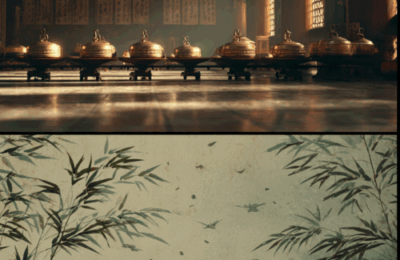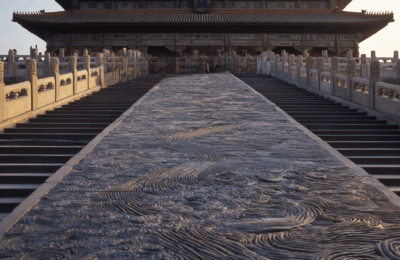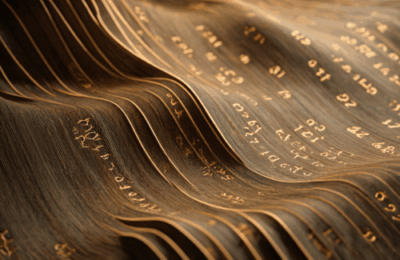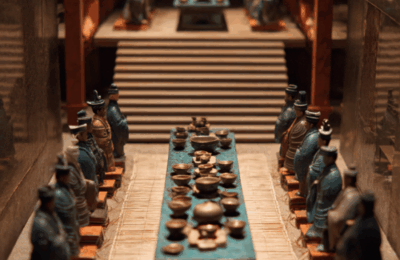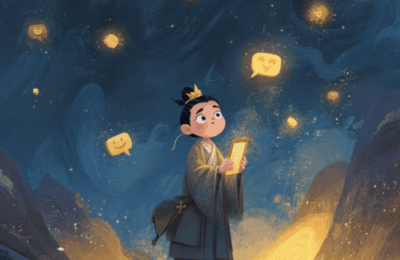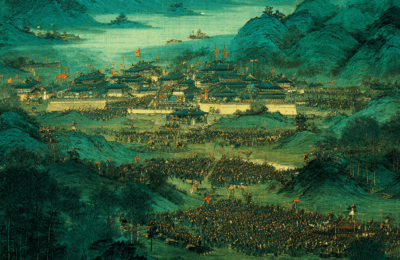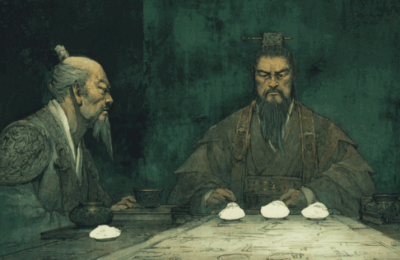《人类组织的终极意义:存在、秩序与超越|清华简〈邦家之政〉〈邦家处位〉〈治邦之道〉〈治政之道〉》
本篇以清华简《邦家之政》《邦家处位》《治政之道》《治邦之道》四篇楚文献为基础,重新勾勒楚式政治哲学的整体框架:秩序如何奠定自由的可能性、规则为何既维护公平又可能成为不公之源、权力为何必须走向自我节制与自我超越。透过这四篇竹简,我们得以看见一个横跨“存在—结构—超越”的完整思想系统:从良序社会的形成,到制度的运行,再到统治者自身的伦理底盘。它们共同构成楚人对“人类组织如何可能”这一终极哲学命题的最早、也是最深刻的回答。Drawing from the four Tsinghua bamboo texts—Bongjia zhi Zheng, Bongjia Chuwei, Zhizheng zhi Dao, and Zhibang zhi Dao—this essay reconstructs the full architecture of Chu-state political philosophy: how order enables freedom, how rules both uphold and distort justice, and why power ultimately seeks self-restraint and self-transcendence. Seen together, these texts outline an integrated triad of existence – structure – transcendence, revealing a coherent system that ranges from the foundations of social order to the functioning of institutions and the ethical grounding of authority. They represent one of the earliest and most profound reflections on the fundamental question: How is human organization possible?


